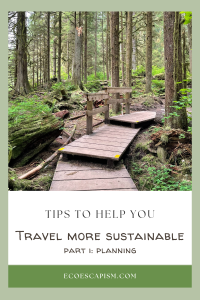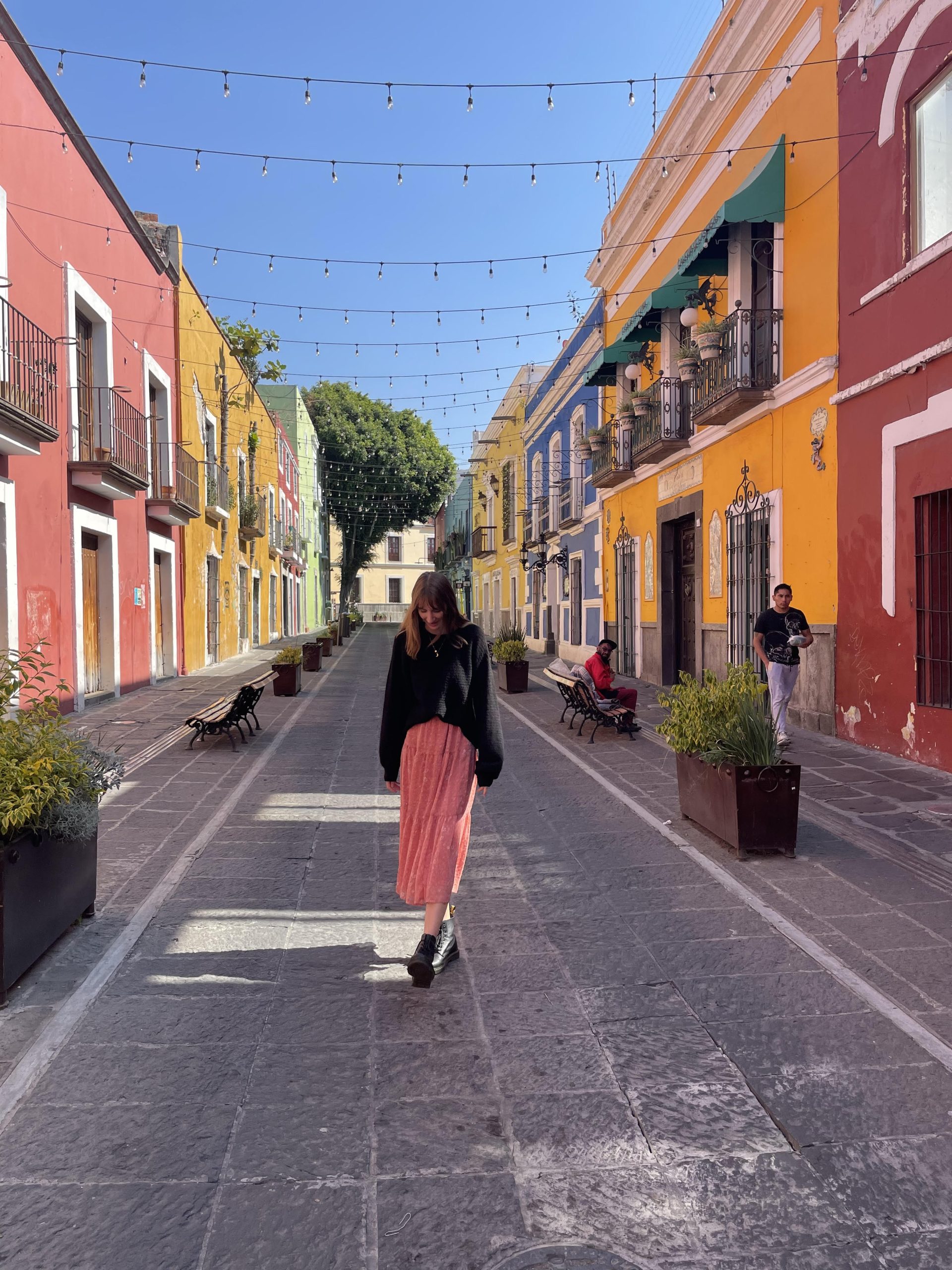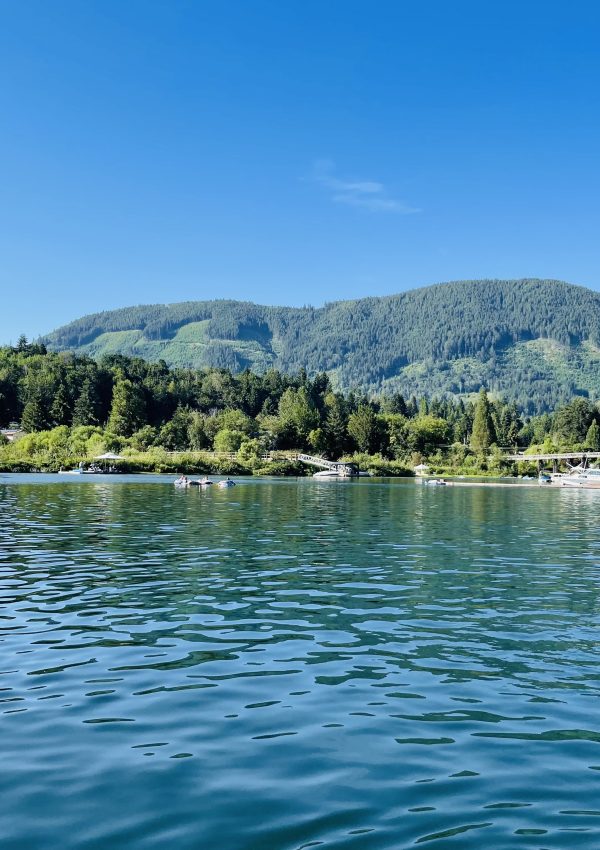Sustainability is getting more and more important – luckily. Lots of studies have shown that travelers like to include sustainable aspects into their holiday planning and that it is important for them while traveling. However, if you look at the actual travel behavior, you will see something else. This is called attitude-behavior-gap. Many people think that traveling sustainably is difficult and expensive. I would like to change that opinion. Yes, it is difficult in a sense that sustainability is a comprehensive topic. Where do I start? How do you actually define where sustainable travel starts? What is 100% sustainable travel? Does this even exist? Let me tell you that it is a step-by-step process. You will see that you can include sustainable aspects throughout your holidays without comprising – quite the contrary! Sustainable travel already starts when you are planning your trip. Let me show you how:
Ressources while planning a sustainable trip
You can already start being more sustainable in the planning stage: there a tons of websites booking sustainable hotels or tour operators that offer trips focused on sustainability. Here are a few examples:
- ASI Reisen: offers sustainable and active travel worldwide.
- Bookitgreen: a platform for sustainable holiday accommodations
- G Adventures: a Canadian adventure travel company that offers a wide selection of small-group tours, safaris and expeditions.
- Intrepid: Australian tour operator that offers small-group tours to travel the local way for all ages, from hiking, biking, family, food to women-only or age 18-29 tours.
- Responsible Travel: An activist travel company offering over 6,000 responsible trips from 400 vacation providers around the world
- Socialbnb: you can find accommodations that have an impact. Every overnight stay supports a social or ecological project.
This list is not extensive. If you are looking for something specific, you can find many more great companies. I recommend doing some research first before booking something. You should check if they are really focusing on a sustainable offer or if they are just marketing it as such. This is what we call green washing and it’s a big issue.
Certification – highlighting sustainable travel
Sustainability certification can help you to differentiate a sustainable offer from one that is being green washed. As of now, there are already a lot of different certification systems, what again can be sometimes very confusing. Here are the main ones:
- B Corp: an international certificate with which the non-profit organization B Lab awards companies for their social and environmental impact. This includes companies from all diferent kinds of industries, not only tourism.
- GSTC: manages global standards for sustainable travel and tourism, and acts as the international accreditation body for sustainable tourism certification. Many certification systems base their criteria on the ones of the GSTC.
- Travelife: a British sustainablility certification institution that helps businesses improve and independently verify their environmental, economic and social impacts.
- TourCert: provides certification and advises tourism enterprises and destinations in the implementation of sustainable and successful ways of doing business.
There are also different certification systems for certain aspect like energy efficiency, environmental management and safety – you have probably heard of ISO (International Organization for Standardization) and EMAS (Eco Management and Audit Scheme). Be aware that depending on where you live and where you are traveling to that there can be other certification systems. These again can be less or more strict than the ones you know. There are certification institutions that only check certain suppliers or ones that only are within one country. For example, the Costa Rican Tourism Board created their own Certification for Sustainable Tourism Program. Once you are aware of what to look for, choosing the right provider or service will become easier.
Travel slow
While planning your trip you can also make smart choices to make be more sustainable. Avoid booking flights. If you are taking a long-haul flight, stay at least two weeks to compensate the long flight and consider compensating CO2 emissions. Most airlines and tour operaters even offer to compensate the emissions through myclimate or atmosfair. Consider local transportation, especially when travelling within a destination. If you are going to Europe, you can easily travel by train from country to country. Interrail makes that possible. I did it myself in 2020 when I traveled through Northern France – you can check it out here.
Once you have booked your trip, you can start looking into sustainability aspects within the destination – I have made a separate post about it here.





